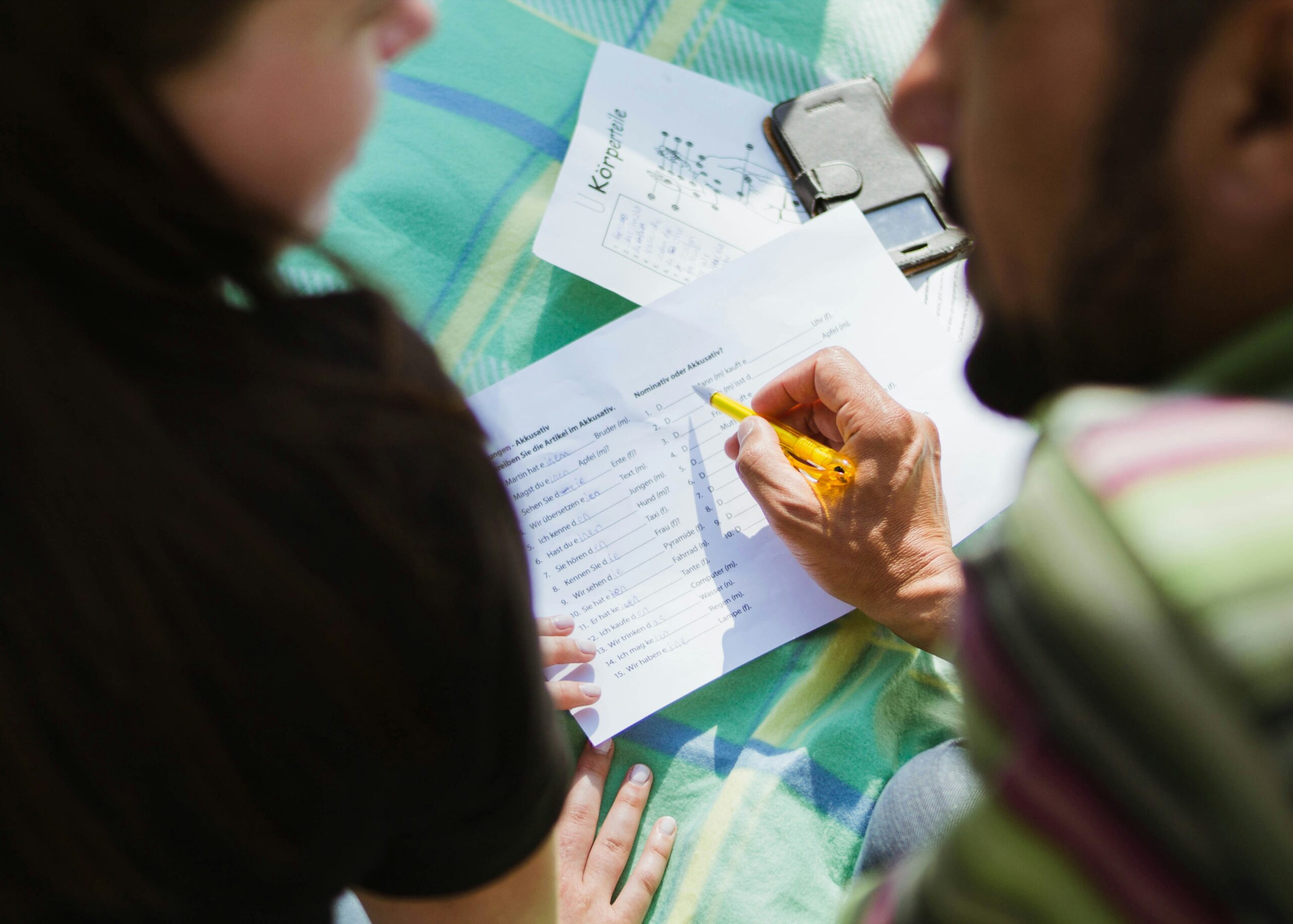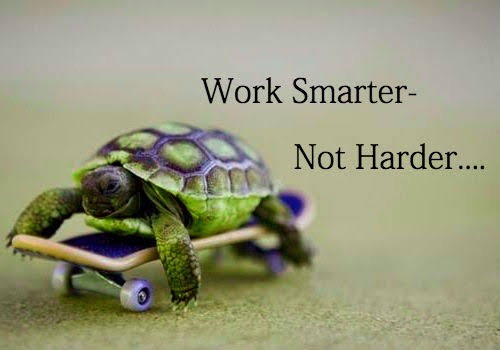 This week we’d like to introduce another perspective. The following piece is written by a teacher, Sarah Spittal. Sarah is one of those amazing teachers who appear to have super woman like capabilities. You’ll know the ones I mean; relentlessly passionate about their teaching career, a fabulous asset to your school both in and out of the classroom and at the same time balancing a home life of four kids (one who is still a pre-schooler) and a dedicated husband on shift work. Somewhere in between she fits in her own well-being … somewhere. People look up to Sarah as an inspiration! Hell – I look up to her as an inspiration! But I did wonder how this was all sustainable for her.
This week we’d like to introduce another perspective. The following piece is written by a teacher, Sarah Spittal. Sarah is one of those amazing teachers who appear to have super woman like capabilities. You’ll know the ones I mean; relentlessly passionate about their teaching career, a fabulous asset to your school both in and out of the classroom and at the same time balancing a home life of four kids (one who is still a pre-schooler) and a dedicated husband on shift work. Somewhere in between she fits in her own well-being … somewhere. People look up to Sarah as an inspiration! Hell – I look up to her as an inspiration! But I did wonder how this was all sustainable for her.
So it was with great surprise (and relief) to hear from Sarah when I returned from my sabbatical, that she had decided to make some changes. I came back to school with a whole heap of new thinking as to how I was going to make my job more sustainable. Sarah had been doing her thinking as well, and so I asked her to write down her journey to share with you. Her journey is well worth sharing because her words are relevant to teachers and principals alike.
Steve
. . .
“I’ve been a teacher for many years, and fully understand the demands of the non-contact side of the job – admin, paperwork, student profiles and assessments by the truckload! On the daily! Sometimes there simply aren’t enough hours in the day, so thank goodness for the late hours, when the kids are all in bed. The only thing THAT impinges upon is sleep – and 6 hours is the same as 8, right? I also work in an amazing school where everyone is as hard-working as me. Everyone takes up extra responsibilities to provide opportunities for the children we teach, everyone goes the extra mile. So great!
So you can imagine my surprise when I heard from a couple of hard-working colleagues that they …..DON’T TAKE WORK HOME. But how?…..seriously, HOW?? With all that needs done?! I’m embarrassed to admit that I wondered whether they were doing everything they should, to the high standard required in a hard-working school such as ours.
I decided to question them about this further and my only revelation was that they had some sort of separation between home-life and work-life, and the latter was not (to the best of their ability) to infiltrate the former.
So very idealistic, but achievable? I wasn’t sure. All I knew is that for me, the latter was very definitely infiltrating, invading, affecting and intruding on the former. And I needed to change this, for my own mental health and well-being. I had officially been diagnosed with ‘anxiety’ and I did not wonder why.
I needed to give it a go. With no tools, just an ideal. I made a few key decisions. 1) I would try, to the best of my ability, not to bring work home after school, 2) It would be OK and I’d still be a good teacher, 3) I would still do all my work to a high standard 4 ) I needed an out – I could go back to the way I was doing things if it didn’t work out.
I started at the beginning of Term 2. I didn’t bring my usual teacher basket home on the first day. I had a lovely evening with my family and slept well…but knew it was only day one. Then I was three days in, and the basket stayed behind my desk for the night. Before I knew it, I was a week in and wondering how long I could keep it up. All the paperwork was done and the meetings attended. And I was leaving work feeling free each day, rather than wondering when I was going to squeeze in my work between the demands of my 4 kids and the domestic stuff. I even picked up a sport! Something that would tick another box in the well-being department, and something I would never have thought I could possibly have time for previously.
So what did I change? Small things really – I work through a big chunk of my lunchbreaks, stay focused before and after school, use CRT’s more efficiently, prioritise work etc. I still work for a couple of hours on a Sunday afternoon to help me focus and direct the week. I believe I work smarter, not harder…
But the biggest thing, the ‘secret’ to maintaining this, for me, was to shift my mindset – from believing that longer hours mean I’m hard-working, that bringing work home daily means I’m hard-working, that telling my colleagues how hard I worked the night before is hard-working. That in fact, the only thing about hard-working by that definition, is that it’s HARD. And I seriously wondered how long I could keep it up, and whether it was worth it!
It is now part-way through Term 3, and I’m keeping it up! I’m proud of myself and would happily challenge anyone who thinks I’m not doing my job well. It’s taken the test of time to be sure. With teachers chucking in the job regularly, due to workload and stress, I am hopeful that the ‘hard-working’ culture shifts soon, that more people make that separation and get their lives and mental health back.”
Sarah Spittal




